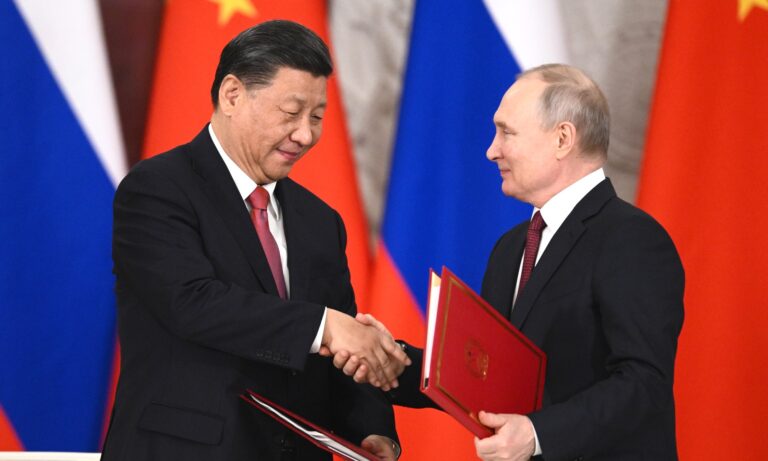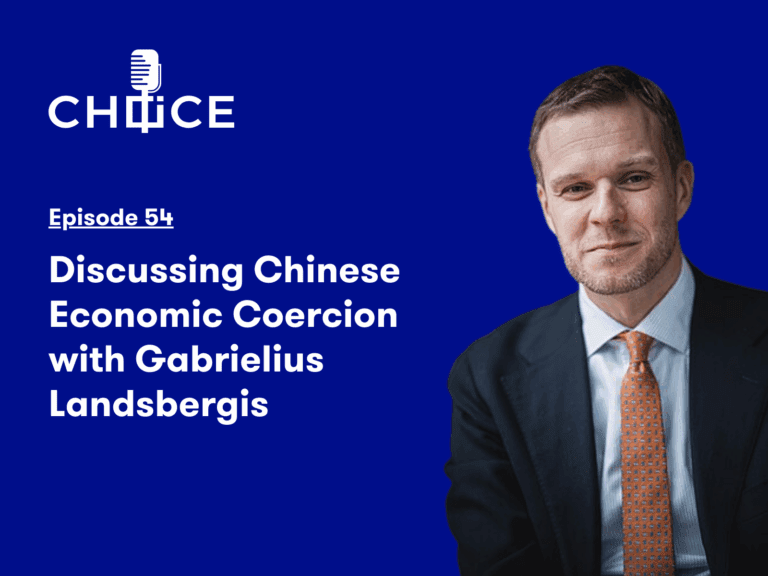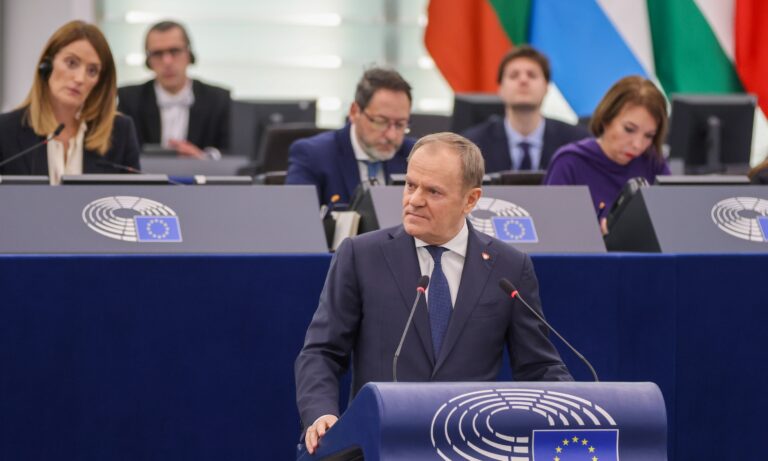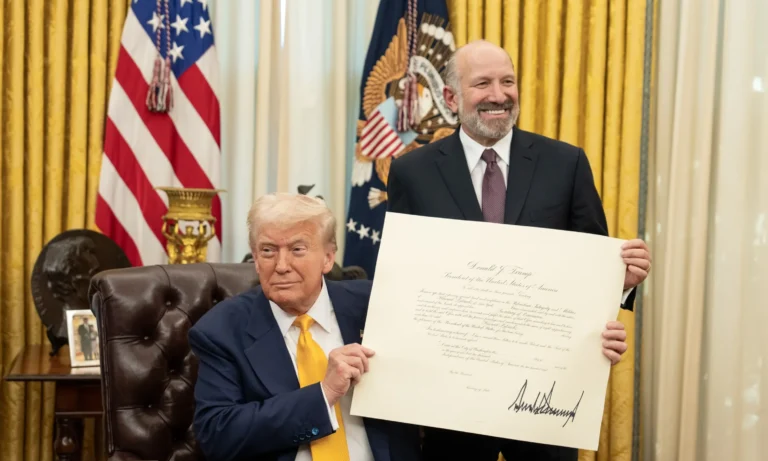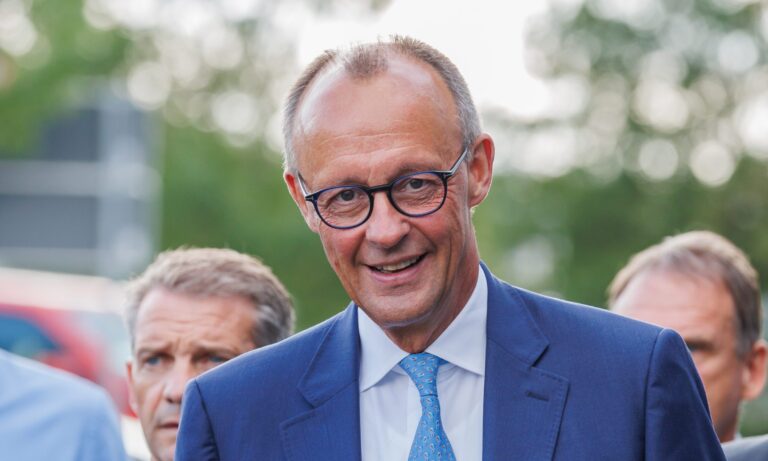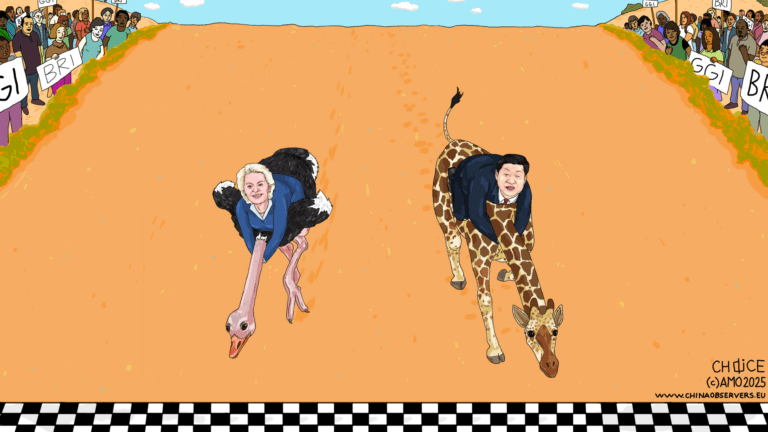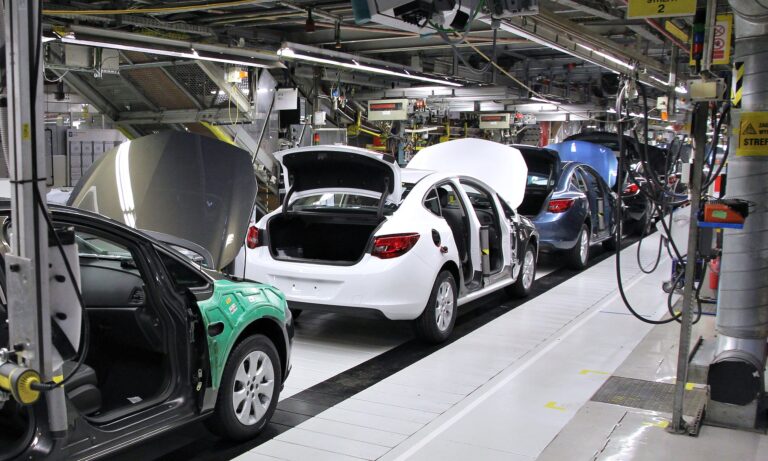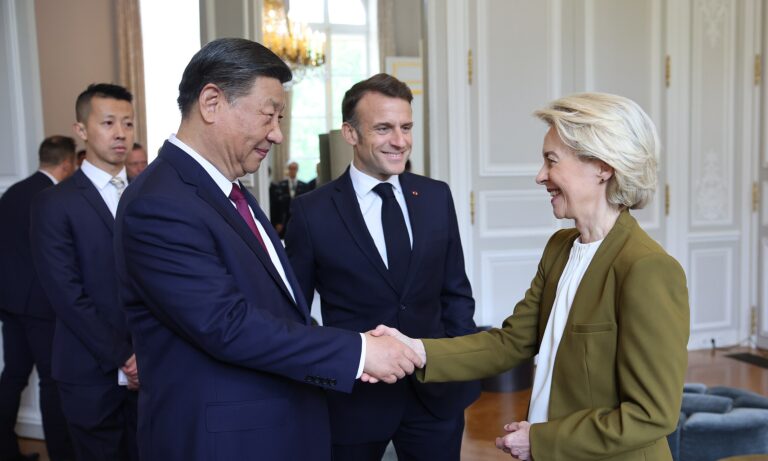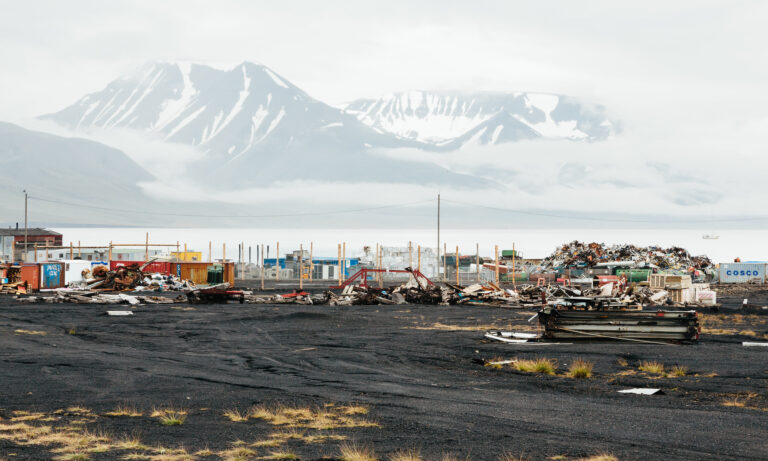#EU
From Awareness to Action: Research Security in Czech and European Academia
As global research collaboration expands, research security has emerged as a crucial aspect of protecting intellectual property, technological advancements, and academic integrity. The European Union has increasingly recognised research security as part of its…
From Chips to Mercenaries: China’s Role in Russia’s War
President Volodymyr Zelensky’s decision to disclose the capture of Chinese nationals fighting alongside Russian forces in occupied Donbas, along with his statements regarding Beijing’s military assistance to Moscow, underscores two key dynamics. First, it…
EU’s War on US Big Tech is Handing China the Future
This article is part of a series of articles authored by young, aspiring China scholars under the Future CHOICE initiative. The EU has spent years cracking down on US tech giants. While Brussels sees this…
Voice for CHOICE #54: Discussing Chinese Economic Coercion with Gabrielius Landsbergis
In this exploration of Lithuania’s bold diplomatic stance on Taiwan, Lithuania’s former Foreign Minister, Gabrielius Landsbergis provides a first-hand account of navigating the complex geopolitical tensions between Beijing, Taipei, and Vilnius. The conversation examines…
Ghosts of FDI Past: Rethinking Poland’s China Strategy
This article is based on the research paper “Red Flags or Economic Gains? The Reality of Chinese FDI in Poland” by Joanna Nawrotkiewicz, published by the Association for International Affairs (AMO) in April 2025. As Poland…
Caught in the Crossfire: Trump’s Tariffs and Their Effects on US Allies
The Liberation Day tariffs took many by surprise. In addition to raising the baseline tariff on all US imports to 10 percent, the Trump administration introduced a series of new reciprocal and sector-specific tariffs…
From Honeymoon to Hard Choices: Merz’s Coming Balancing Act
Amid a volatile global trade landscape and shifting alliances, Germany’s incoming Chancellor Friedrich Merz faces the urgent task of recalibrating Sino-German relations, transforming what was once a “honeymoon” into a high-stakes balancing act between…
Poor Man’s BRI: The Global Gateway as a Strategic Tool?
This article is based on the research paper “Leveraging the Global Gateway Initiative to Advance the Czech Republic’s Strategic Interests” by Dominika Urhová, published by the Association for International Affairs (AMO) in March 2025. In recent…
European Auto Industry: Balancing Growth and Green Goals
In January 2025, the European Commission unveiled the Competitiveness Compass, the Clean Industrial Deal, and launched the Strategic Dialogue on the Future of the European Automotive Industry. These initiatives were followed in March 2025…
Europe at a Crossroads: Navigating the US, China, and Russia in an Uncertain World
Europe is at a crossroads. The German federal election may have provided some semblance of political stability with the mainstream conservatives’ victory, but the far-right’s 21 percent share of the vote reveals a deeper…
Rivals Beyond Earth: China, the US, and the EU in the New Space Era
The quest to conquer space – the final frontier – has long stood as a testament to global ambition and technological prowess. In the 21st century, this pursuit is no longer confined to the…
Polar Partners: What Sino-Russian Arctic Cooperation Means for Europe
This article is based on a report titled ‘Sino-Russian cooperation in the Arctic: Implications for Nordic countries and recommended policy responses’ originally published on October 22, 2024, by the Swedish National China Centre at…

